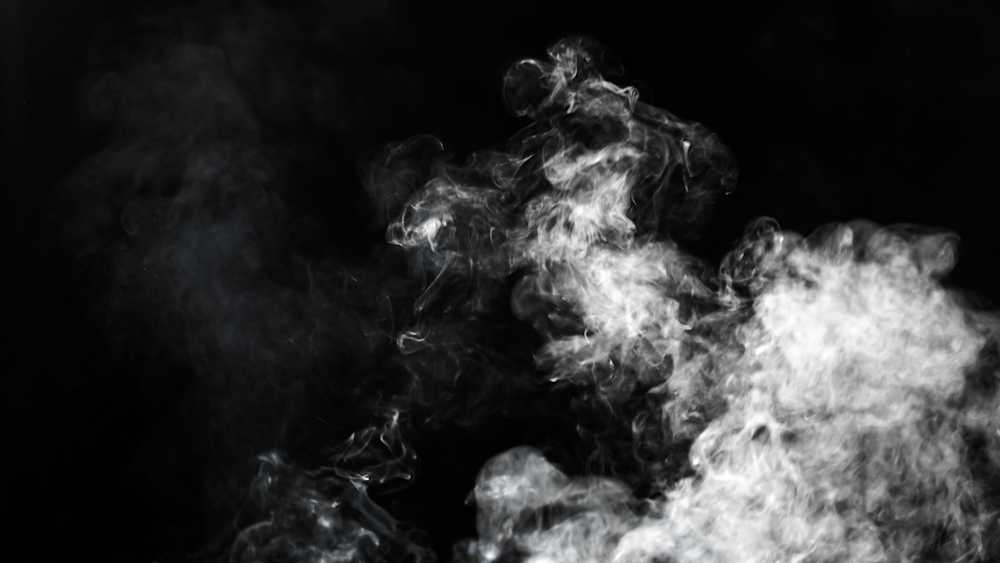Gas testing is performed to detect and measure the concentrations of various, often hazardous or otherwise unwanted components in indoor air and fuel, process, and waste gases. In addition, analyzing exhaust gases from industrial processes using the radiocarbon method can help determine the biobased content of the fuel used, facilitating accurate emissions calculations.
At Measurlabs, we offer a comprehensive range of gas analyses for all industries. You will also receive all the necessary information on sampling and sample shipping, which often require a case-by-case review to match the appropriate service to the testing project.
Testing of biogas, natural gas, biomethane, and their blends
Monitoring the composition of fuel gases is an essential part of quality control, as there are often strict limits on the impurities they may contain. In biogas or natural gas composition analysis, the sample can be screened for small amounts of components like siloxanes, hydrogen sulfide, and water.
Indoor air analysis
Poor indoor air quality is a serious issue that may lead to detrimental health effects. Indoor air analysis is performed to assess the quality of air by screening it for substances like volatile organic compounds (VOC), polycyclic aromatic hydrocarbons (PAH), polychlorinated biphenyls (PCB), asbestos, and inhalable dust. Sampling is typically done with a pump equipped with a special filter that traps the selected compounds.
Process gas analysis
Sampling and measurement techniques for indoor air and fuel gas analyses can also be applied to process gases used in manufacturing industries. Typical assignments involve identifying hazardous compounds, such as hydrogen fluoride (HF), in either waste gas or solid waste where the gas may have been adsorbed.
Analysis of CO2 emissions
Carbon dioxide emissions from industrial and power generation processes can require testing for several reasons. When mixed fuels, such as solid recovered fuel (SRF) or municipal waste, are used, the biomass fraction of the CO2 gas stream should be determined to facilitate emissions calculations under the EU Emissions Trading System (EU ETS) and the Monitoring and Reporting Regulation (MRR).
Additional analyses are needed to determine the purity of CO2 for carbon capture and utilization (CCU), with the extent of required testing depending on the application for which the captured carbon dioxide is used.
Gas analysis methods
Gas analysis is usually performed using gas chromatography (GC), which is a common analytical technique for separating and measuring the concentrations of each component in a sample. GC can be used to analyze all types of gases, from natural and biogas to indoor air. When more in-depth information on the gas's composition is needed, gas chromatography can be combined with mass spectrometry (MS) to perform a GC-MS analysis.
Gases evolved from a solid or liquid sample upon thermal decomposition can be analyzed through evolved gas analysis (EGA), where a thermogravimetric analyzer (TGA) is connected to a detector like GC or GC-MS. Other analyte-specific detectors may also be used.
Gas testing standards
Standardized gas testing can be performed to demonstrate compliance with industry standards. Different standards apply to different types of samples and the compounds detected. Some examples are listed in Table 1.
Table 1: Overview of selected gas testing standards
Standard | Measurement | Typical use cases |
ASTM D6866 | Biogenic (biobased) carbon content in CO2* | Emission calculations for municipal waste incineration plants and mixed fuel burning industrial installations |
EN 481, ISO 7708 | Inhalable and respirable dust in indoor air | Air quality and workplace exposure assessments |
ASTM D8230 | Siloxanes in biogas or natural gas | Protection of engines and turbines from silica-induced damage, evaluation of gas pretreatment efficacy |
ASTM D1945, ASTM D1946, ASTM D3588 | Composition of natural gas or reformed gas (heating value, CH4, CO2, O2, N2, H2, C2–C5 alkanes) | Quality assurance for fuel applications |
* The same standard also applies to solid and liquid samples
Sampling and shipping
Gas sampling requires different vessels, such as Tedlar and ALTEF bags, sampling cylinders with adsorbents, and other equipment, depending on the type of sample and the compounds to be tested. Some compounds, such as ammonia, need to be analyzed very soon after sampling, which should be taken into account when selecting the analysis location and shipping method.
For smooth sample shipment, remember to check sample-specific logistics and packing instructions for possible Dangerous Goods shipping requirements. The information can be found in the safety data sheet of the gas, the IATA Dangerous Goods Regulations guide, and the courier companies’ instructions.
While gas sampling and testing can be a bit tricky, we are happy to help with all your questions. When you order gas analyses from Measurlabs, we can also provide the sampling equipment and vessels for most projects. This helps us ensure that logistics run smoothly and the results you receive are as accurate as possible.
If you need gas testing services, contact us through the form below. Our experts will get back to you within one business day.

